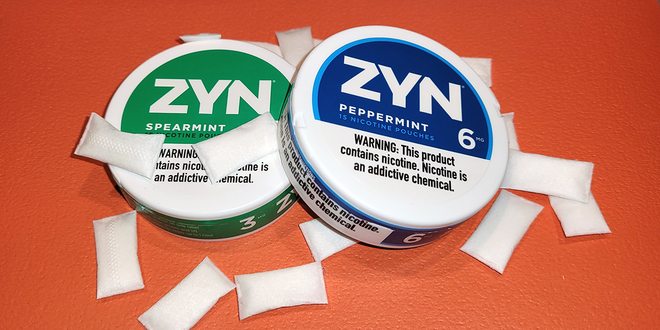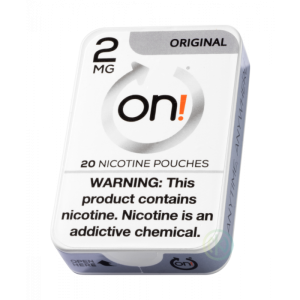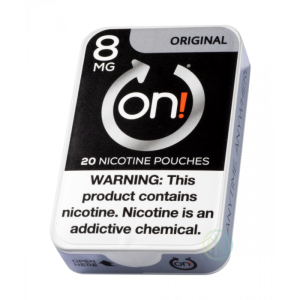“Zynfluencers” are promoting the advantages of nicotine pouches that are tobacco-free and spit-free, which have emerged as a rapidly expanding category within the tobacco sector.
Why it’s significant: The buzz on social media regarding Zyn—and the resulting scrutiny from regulatory bodies—echoes the surge in teen vaping that occurred towards the end of the 2010s.
Consumers highlight the energizing effects of Zyn, which has also gained traction on university grounds, with some individuals claiming that the pouches provide a momentary enhancement in concentration. Media figures such as Joe Rogan on his podcast and Tucker Carlson on television have further contributed to the brand’s visibility.
Zyn’s website indicates that its products—which are available in flavors like cool mint, citrus, and cinnamon—are intended for “current nicotine users” who are over the age of 21.
Philip Morris International, a tobacco company and the parent company of Zyn, anticipated that it would distribute approximately 520 million cans of nicotine pouches in the U.S. in 2024—a 35% rise from the previous year.
Current situation: Zyn was introduced in the U.S. in 2014, but its surge in popularity, partly driven by TikTok, has drawn the attention of Congress and regulatory bodies. Senate Minority Leader Chuck Schumer (D-N.Y.) earlier this year urged the Food and Drug Administration to look into the brand.
In June, Zyn suspended nationwide online sales after receiving a D.C. subpoena regarding compliance with the district’s prohibition on the sale of flavored tobacco—leaving customers disappointed due to a resulting shortage.
The FDA stated that it had received reports suggesting that children might be using nicotine pouches in greater quantities and has issued warning letters and imposed civil money penalties on retailers who are allegedly selling Zyn to minors, according to a notice released this spring.
Zyn offers “legal-age smokers with a superior option compared to continued smoking, which is the most detrimental form of nicotine consumption,” spokesperson Travis Parman told Axios.
The broader context: Big Tobacco has “a strong motivation to target youth and young adults,” Thomas Carr, national policy director for the American Lung Association, told Axios.
Adult smokers who began smoking regularly between the ages of 18 and 20 were more likely to develop high levels of nicotine dependence compared to those who started at 21 or older, according to the CDC.
The FDA does not include pouches among its suggested nicotine replacement therapies.
Functionality: Zyn pouches are engineered to be positioned between the gum and the upper lip, allowing the user to absorb nicotine without ingesting it.
The pouches are inconspicuous and do not generate smoke or odors like cigarettes and e-cigarettes.
Zyn does not contain tobacco leaf, but the FDA classifies it as part of the tobacco industry.
Zoom out: Regulators aren’t exactly halting the surge of nicotine availability and prominence.
In June, the FDA revoked a marketing ban on Juul e-cigarettes after considering new case law and conducting further review of the products. Juul has been under scrutiny due to the perception that it marketed to teenagers and settled a lawsuit in 2022 regarding its advertising.
The FDA separately authorized the sale of the first menthol e-cigarettes for adults.
Reality check: Youth e-cigarette usage has decreased from 2022 to 2023, according to the CDC.
From 2022 to 2023, 1.5% of middle and high school students reported using nicotine pouches.
Between the lines: Products intended to help smokers wean off cigarettes can end up drawing in youth users when they’re readily available on the market, experts told Axios.
“The issue with these products, including pouches, is they enable you to use the product continuously,” said Suchitra Krishnan-Sarin, a psychiatry professor at Yale who has studied adolescent tobacco use.
Over a million teens initiated vaping from 2017 to 2019, according to a Pediatrics study, reversing decades of reductions in tobacco use. The rise was attributed, in large part, to the popularity of Juul e-cigarettes.



